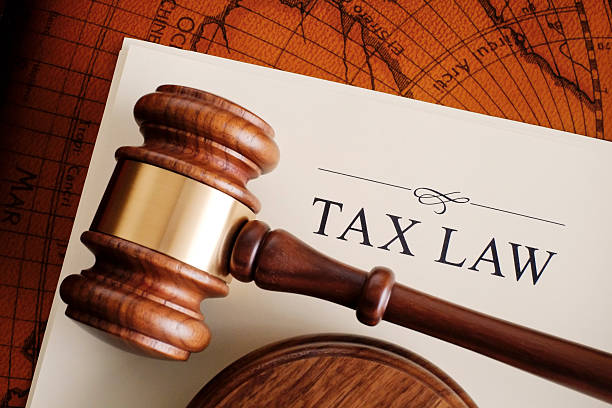The federal government has gazetted Nigeria’s new tax reform laws, with implementation set to begin on January 1, 2026.
Taiwo Oyedele, chairman of the Presidential Fiscal Policy and Tax Reforms Committee, announced this in a post on X on Monday.
The laws are the Nigeria Tax Act, 2025 (NTA), the Nigeria Tax Administration Act, 2025 (NTAA), the Nigeria Revenue Service (Establishment) Act, 2025 (NRSEA), and the Joint Revenue Board (Establishment) Act, 2025 (JRBEA).
“Nigeria’s tax reform laws have been published in the official gazette,” the post reads.
Advertisement
Outlining key provisions of the tax laws, Oyedele said the reforms introduce a zero percent tax rate for small companies — defined as businesses with annual turnover not exceeding N100 million and fixed assets below N250 million.
He added that the corporate tax rate for large companies will be reduced from 30 percent to 25 percent, with the commencement date to be set by the president on the advice of the national economic council (NEC).
“𝑯𝒊𝒈𝒉 𝒕𝒉𝒓𝒆𝒔𝒉𝒐𝒍𝒅𝒔 𝒇𝒐𝒓 𝒕𝒐𝒑-𝒖𝒑 𝒕𝒂𝒙 – Exemption threshold of N50b revenue for local firms and €750m equivalents for multinationals,” Oyedele said.
Advertisement
“𝑬𝒄𝒐𝒏𝒐𝒎𝒊𝒄 𝒅𝒆𝒗𝒆𝒍𝒐𝒑𝒎𝒆𝒏𝒕 𝒊𝒏𝒄𝒆𝒏𝒕𝒊𝒗𝒆 – Tax credit at the rate of 5% per annum for eligible priority sector investments.”
The chairman added that taxpayers will have the option of paying taxes on foreign currency transactions in naira, using the prevailing exchange rate in the official foreign exchange (FX) market.
“The NTA and NTAA will commence on 1st January 2026 while the NRSEA and JRBEA have a commencement date of 26 June 2025 to ensure readiness of the relevant institutions ahead of full implementation in 2026,” he said.
“Download copies of the laws here: bit.ly/NewTaxReformAc.”
Advertisement
On June 26, President Bola Tinubu signed the four tax reform bills into law.
Wale Edun, minister of finance and coordinating minister of the economy, had said the new tax laws will improve business growth, and boost the purchasing power of Nigerians.










